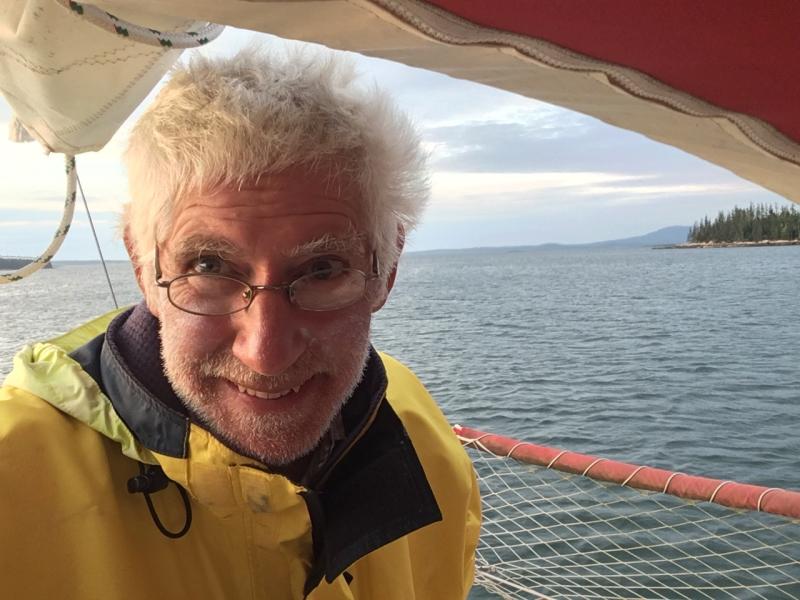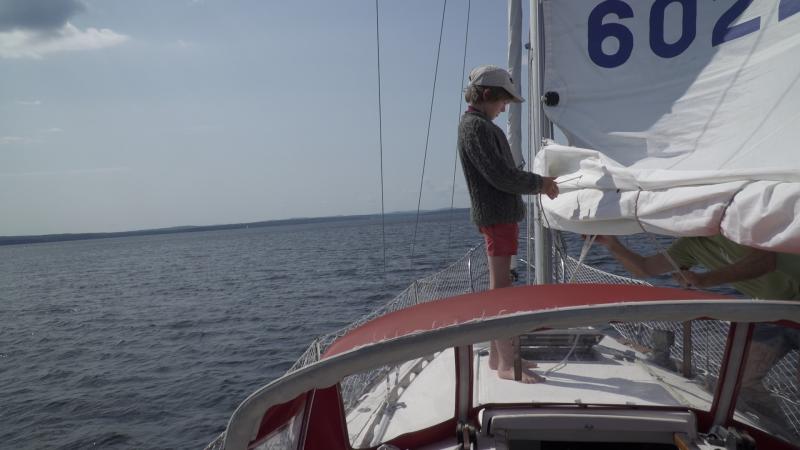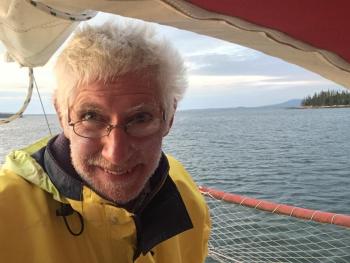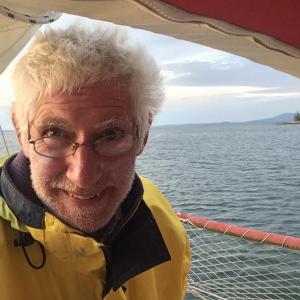‘Saving Walden’s World’ : Review and Maine tour announcement
Can whole communities live sustainably? Can we avoid devouring all the world’s resources? These are questions filmmaker Jim Merkel asked after witnessing the destructive international impact of U.S. military hardware he helped design. “Saving Walden’s World” is his answer, an absorbing documentary powered by the kind of curiosity we need more of.
“I was destabilizing countries, … pumping up factions that were favorable to U.S. business interests,” said Merkel of his days in the defense industry. He grew not only disillusioned but concerned at the harm done to countries that spent heavily on sophisticated weaponry and to people living at the mercy of the military-industrial complex.
Merkel took an engineer’s approach to his questions, charting economic and demographic data to identify communities that live most sustainably. The data led him to three remote locations, the kinds of places he had once been paid to undermine: Cuba, Slovenia and Kerala, India. He went, studied individuals and their communities, and found them living in relative peace. He found common traits among them – traits that explain the link between less consumption and more happiness.
These efficient societies value education and ensure care for disadvantaged persons. In these places, leaders of business, government and family are female at least as often as they are male. Often, poor farmers own the land they tend, giving them more reason to feel invested. “In societies where there is more equality, people live more sustainably,” says Merkel.
“Saving Walden World” lights up a path to broad sustainability and what it reveals is encouraging: Not only is it possible for society to consume less, doing so is likely to make us happier and healthier.
Merkel’s film is, in part, an outgrowth of his concern for his young son, Walden, a charming boy who may have talents both in chemistry and electric guitar. Merkel and his partner, Susan, are raising Walden off the grid in Belfast, on a sustainable farming homestead and where the powers of sunshine, gravity, the rain and the wind are harnessed in creative ways. “Since becoming a father, the stakes feel higher all the time,” said Merkel.
Merkel’s documentary makes the case for efficient living with compelling words and images. A husband, wife, and their son from rural India share chores on their organic farm. Merkel cycles across Ljubljana, possibly the most popular form of transit in Slovenia. Mothers, children and doctors mill about in a health clinic in Playa Larga, Cuba.
The documentary’s portrayal of these far-away places conveys a sense of ease, an absence of unnecessary worry and anxiety. Agronomists, mothers, business owners, money lenders and politicians paint a picture of societies that lack extreme poverty and extreme wealth. They preach a doctrine built on public concern for individual well-being.
The need for efficiency grows as does the world’s population, which stands at eight billion and counting. Merkel says without a change, a breaking point is coming, that the world can’t provide infinite amounts of food and housing. Hunger, homelessness and disease might overtake humanity.
Indeed, if we humans hope for the survival of our own families, we have to find ways to consume less. “Saving Walden’s World” makes it painfully clear that, all over our planet, boys and girls are counting on it, especially one boy on a farm in coastal Maine whose name is Walden.
Film Tour dates: July 28: Maine Outdoor Film Festival, Portland; Aug. 4: The Strand/Rockland; Aug. 11: Vacationland Film Festival, Biddeford; Aug. 13: First Parish Church, Yarmouth; Aug. 17: Harbor Theatre, Boothbay Harbor. Learn more about the film, tour locations, and get tickets at SavingWaldensWorld.org
Spencer Stephens is a Maine writer and the author of two novels, “Blood Lily” and “Church of Golf.” He is retired from careers as a journalist and as a trial lawyer. He’s written for The Capital-Gazette in Annapolis and The Evening Telegram in Rocky Mount, NC, The Washington Post, The Washington Times and The Portland Press-Herald. Stephens and his wife live on the Maine coast and have two daughters, both grown. Learn more at SpencerStephens.net








































